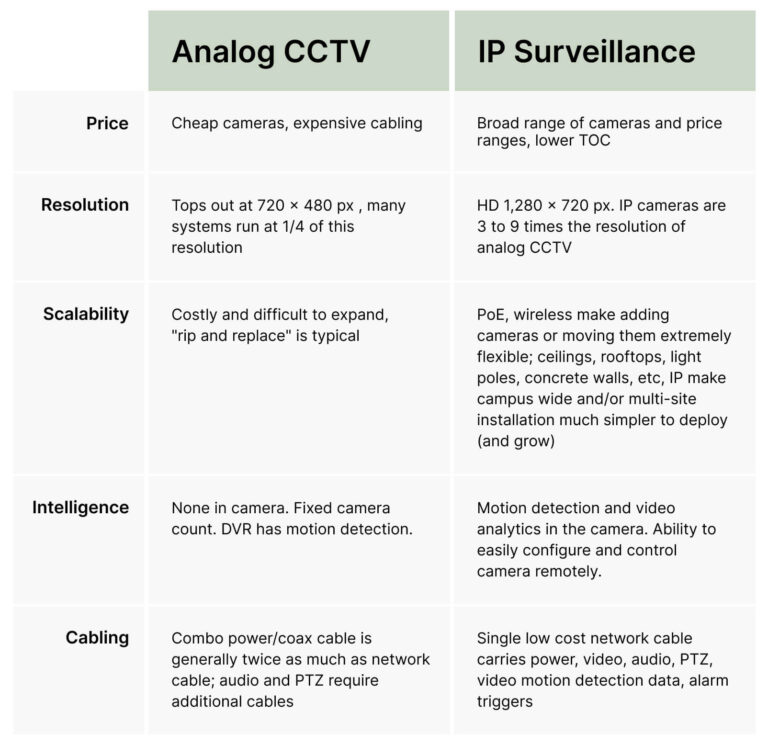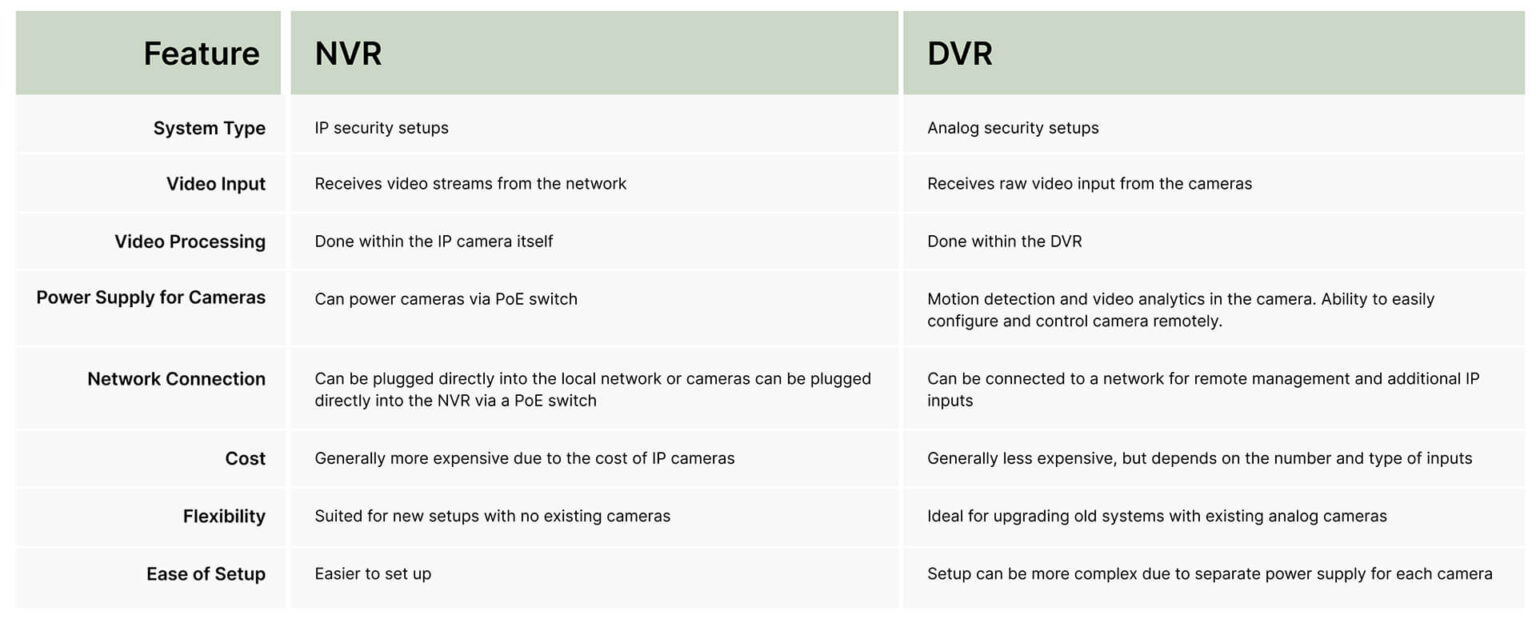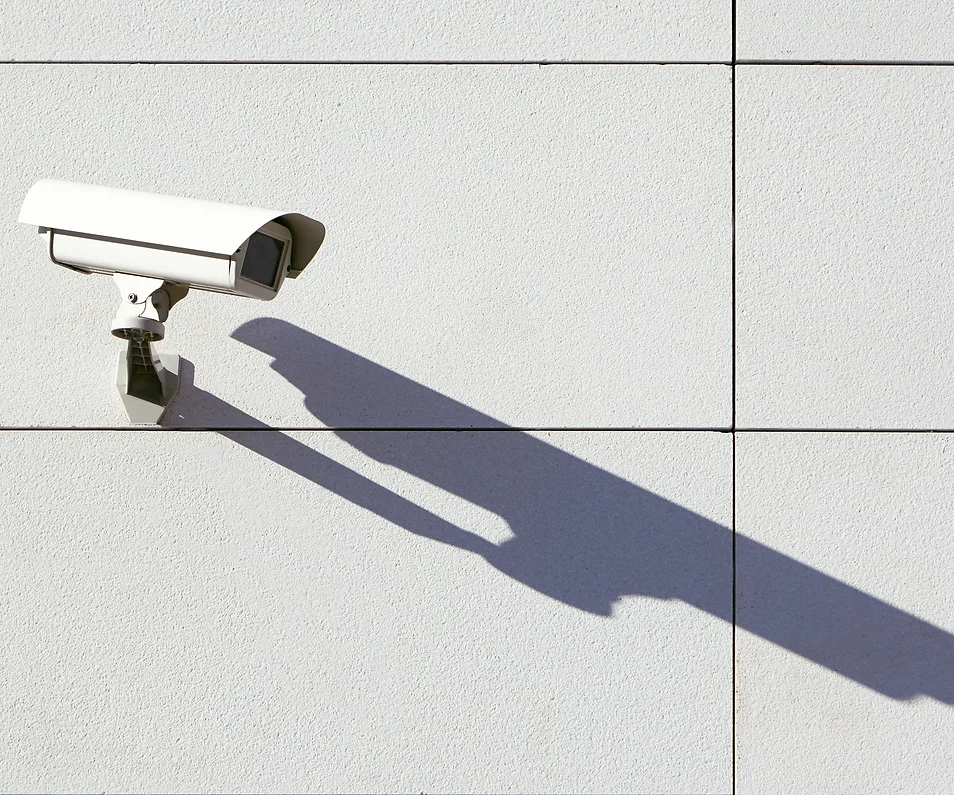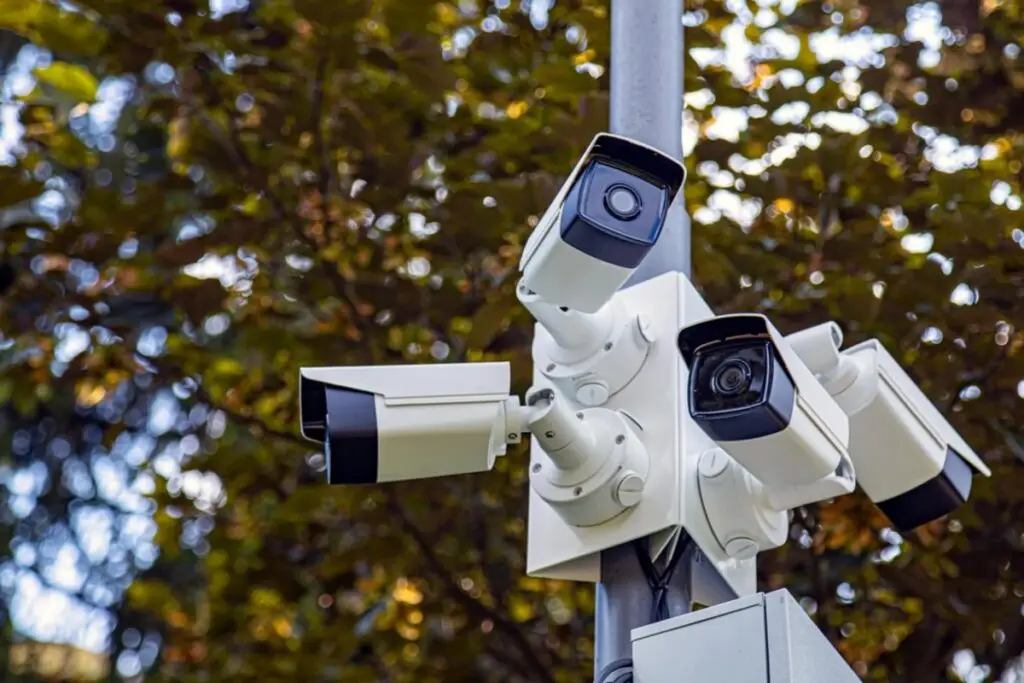Surveillance Systems
An often-overlooked aspect of an alarm system is the recording device. After all, notifying law enforcement and sounding an intimidating siren from your alarm system is only half a solution. A Digital Video Recorder (DVR) or a Network Video Recorder (NVR) system provides evidence of whatever set off the alarm in the first place. If you have the extra bandwidth on your network, the higher quality video and easier setup of NVR is likely the best choice. However, if you need a reliable signal and want to spend less, the DVR system is worth a look.
Whether you need a system to protect your home or business, you can depend on surveillance video systems to document everything that happens on your property. Check out RudraNtech to find the right protection to meet your needs.
An analogue camera is a traditional camera used in CCTV systems. It sends video over cable to VCRs or DVRs, In case a theft or any crime does occur, the recordings of a CCTV can be utilized by the police to analyze the incident and produce the footage as an evidence against the criminals, in the court. Modern-day monitoring systems can record audio as well.
Harnessing the state of the art technology for CCTV Surveillance, RudraNtech offers scalable security solutions backed up with a host of Analytics tools. IP based CCTV solutions is the new-age surveillance system that enables you keep a watch on your assets even when you are remotely located across the globe.
Table Detailing the Comparison between Analog CCTV and IP Surveillance Security Cameras


Choosing the Right Type of Security Camera for Your Bussiness Needs
Selecting the right type of security camera is a crucial decision that depends on various factors. It’s not a one-size-fits-all situation, and the camera that fulfill your needs will depend on your specific circumstances. Here are some examples of how different factors can influence your choice:
- Location: The location of your business can greatly influence the type of camera you need. For instance, if your business is located in a high-traffic urban area, you might benefit from a high-resolution IP camera that can capture detailed images, helping you identify faces or license plates. On the other hand, if your business is in a more remote location with low light, you might need a camera with strong night vision capabilities, like the ultra-low light smart series cameras.
- Lighting Conditions: The lighting conditions in and around your business also play a significant role. If your business operates mainly during daylight hours and has good natural or artificial light, standard cameras might suffice. However, if your business operates at night or in low-light conditions, you’ll need cameras with strong night vision capabilities.
- Required Resolution: The level of detail you need from your surveillance footage is another important consideration. If you need to capture high-detail images, for instance, in a retail setting where you need to see transactions, high-resolution IP cameras would be a good choice. For areas where detailed imagery is less critical, like monitoring employee break rooms or hallways, an analog security camera might be sufficient.
- Type of Security Camera: Analog security cameras, while less advanced than their IP counterparts, are a reliable and cost-effective solution for basic surveillance needs. They are ideal for small to medium-sized areas where high-resolution footage isn’t a priority. On the other hand, IP cameras offer high-resolution footage and network capabilities, making them perfect for larger areas or when detailed imagery is required.
- Field of View: The field of view of a camera determines how much area it can cover. Wide-angle lenses can cover a larger area, but the quality of the image decreases as the field of view increases. Narrower fields of view provide higher quality images but cover less area. Depending on your surveillance needs, you might choose a camera with a wider or narrower field of view.
- Cost and Technology: While IP cameras are generally more expensive than analog cameras, they offer superior technology and features, such as higher resolution, and network capabilities. However, if cost is a significant factor, analog cameras can still provide reliable surveillance coverage.
Conclusion
Choosing the right type of security cameras is a crucial step in enhancing your security. They are more than just a tool for surveillance; they are a critical component of a comprehensive security solution. From capturing crucial evidence in the event of an incident to acting as a deterrent to potential wrongdoers, the value of a well-chosen security camera cannot be overstated.


